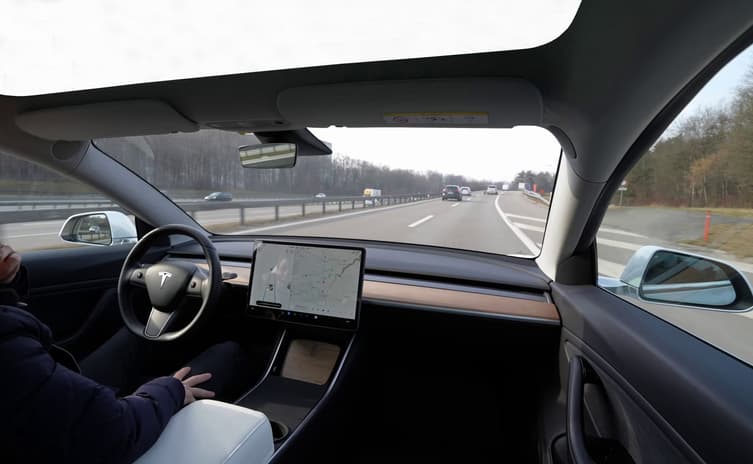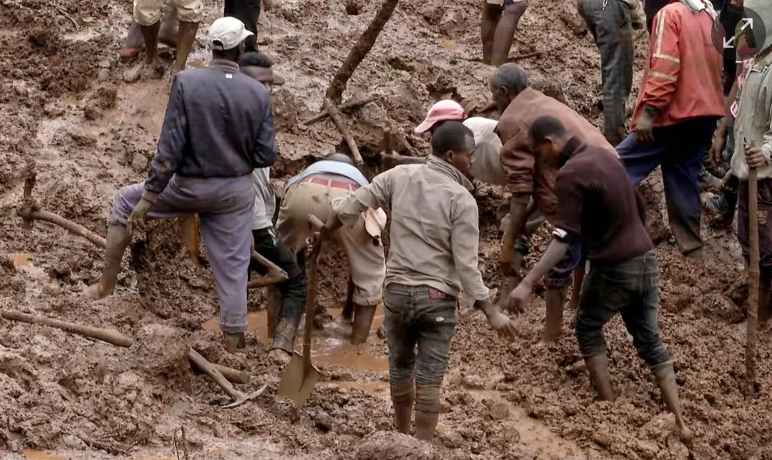A tragic incident occurred near Seattle as a Tesla, potentially operating on the company’s Autopilot system, collided with and killed a motorcyclist, prompting renewed scrutiny over the safety and effectiveness of Tesla’s autonomous driving technology.
The crash took place in a suburban area approximately 15 miles northeast of Seattle. According to reports, the driver of a 2022 Tesla Model S admitted to Washington State Patrol troopers that he was utilizing Autopilot and had been looking at his cellphone while the vehicle was in motion. The subsequent collision with a motorcycle resulted in the death of Jeffrey Nissen, a 28-year-old resident of Stanwood, Washington.
Law enforcement officials arrested the 56-year-old Tesla driver on suspicion of vehicular homicide. The affidavit stated that the driver’s admitted inattention to the road, reliance on Autopilot mode, and distraction by the cellphone constituted factors contributing to the crash.
Authorities have yet to independently confirm whether Autopilot was indeed engaged at the time of the accident, emphasizing that the investigation is still in its early stages.
This tragic incident comes on the heels of a recent recall issued by Tesla in response to pressure from U.S. auto safety regulators. The recall, affecting over 2 million vehicles, aimed to address a defective system intended to ensure driver attention while using Autopilot.
Despite Tesla’s assertions that its vehicles cannot drive themselves, the Autopilot system offers features such as lane centering and adaptive cruise control. However, experts argue that the current monitoring system, which alerts drivers if hands are not on the steering wheel, is insufficient. They advocate for more advanced monitoring, including infrared cameras to ensure drivers maintain visual focus on the road.
Questions remain about whether the Tesla involved in the fatal crash had received the software update mandated by the recall. Tesla’s filings with the National Highway Traffic Safety Administration suggest that most newer vehicles automatically received the update.
Consumer Reports’ associate director of vehicle technology, Kelly Funkhouser, highlighted concerns about Tesla’s cabin cameras, noting that they can be obstructed without consequences. Experts and advocates urge government agencies to thoroughly investigate the crash to determine if Tesla’s recall measures effectively mitigate risks associated with Autopilot use.
The National Highway Traffic Safety Administration (NHTSA) has been urged to examine this incident as part of its ongoing evaluation of automated driving systems. Over the years, NHTSA has investigated numerous crashes involving Tesla vehicles operating on partially automated driving systems, underscoring the need for robust regulatory oversight in the rapidly evolving field of autonomous vehicles.



